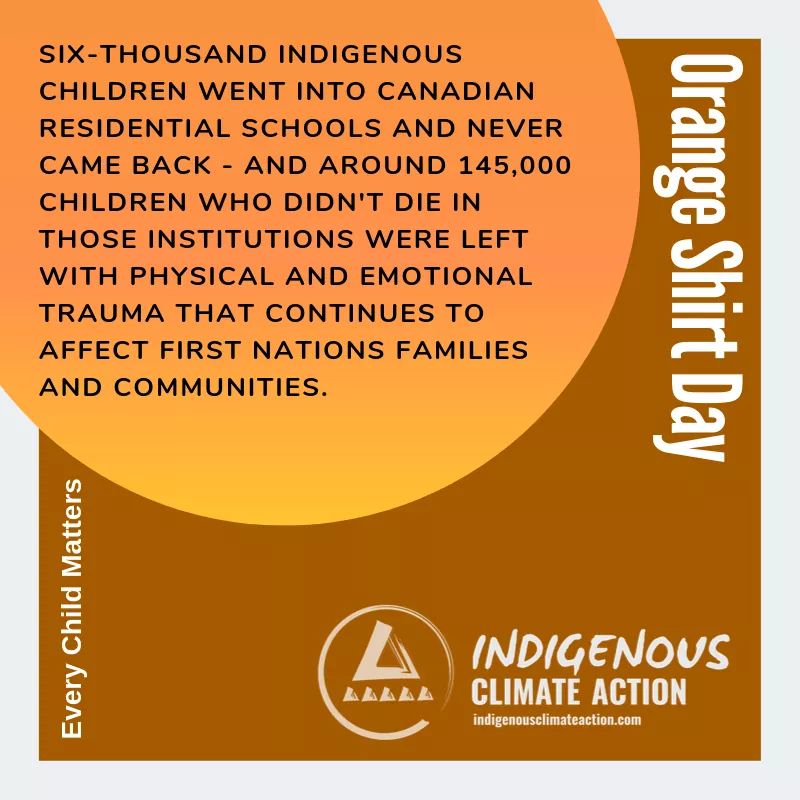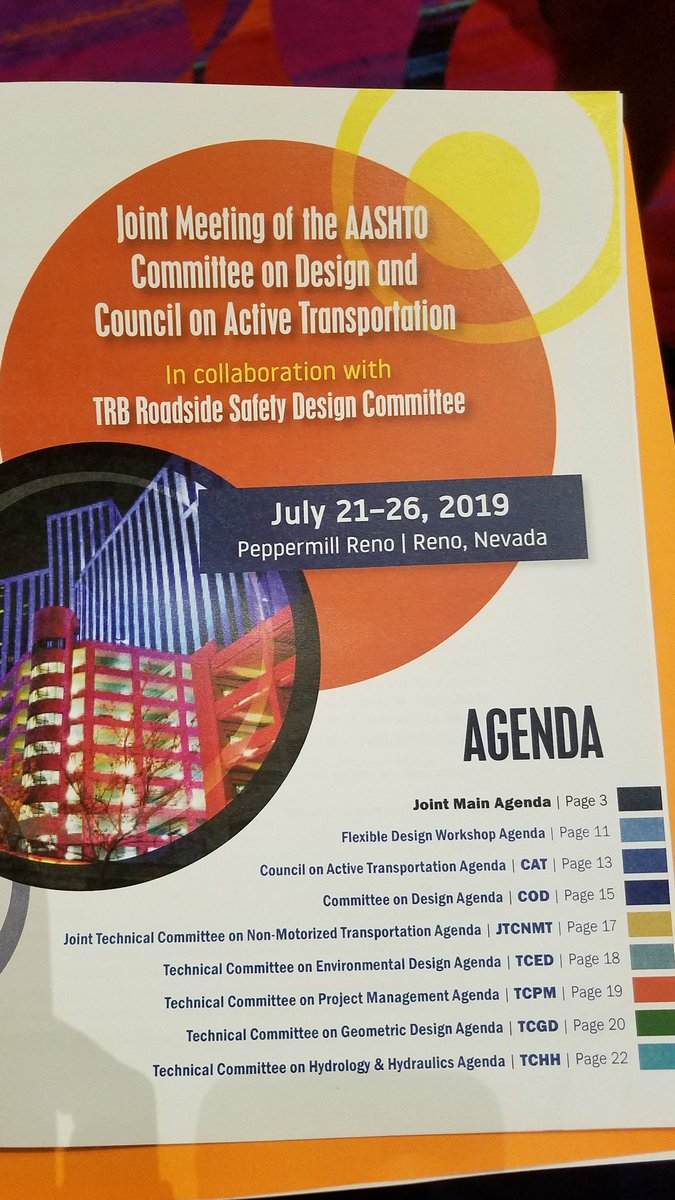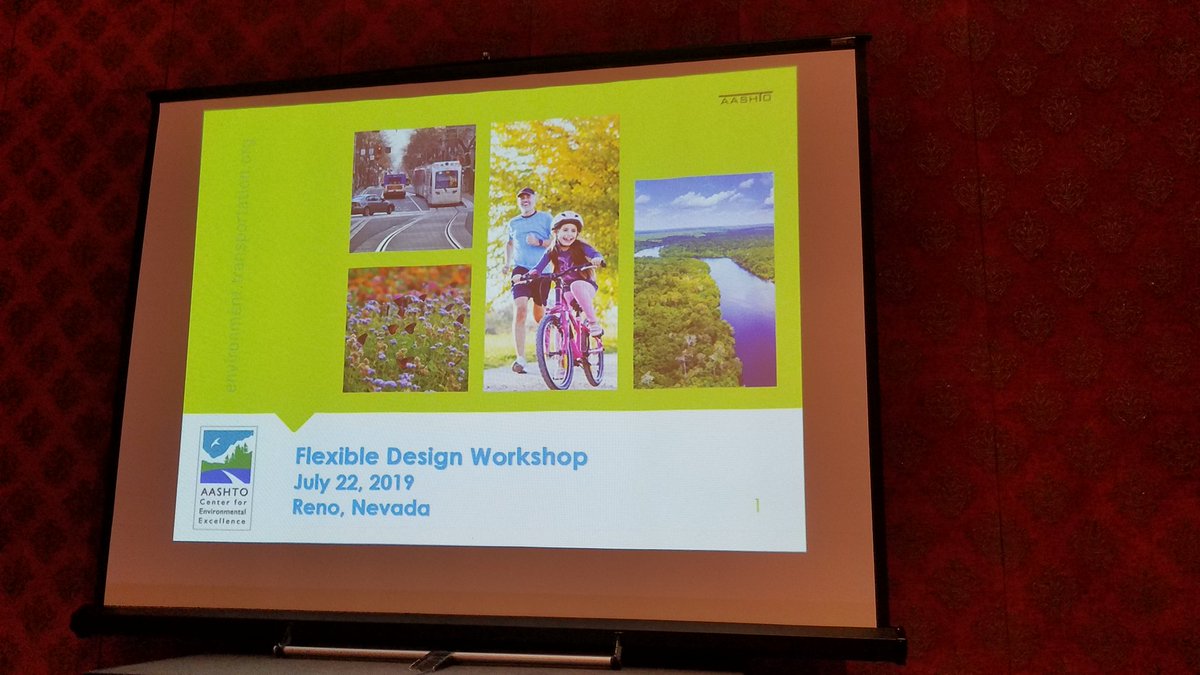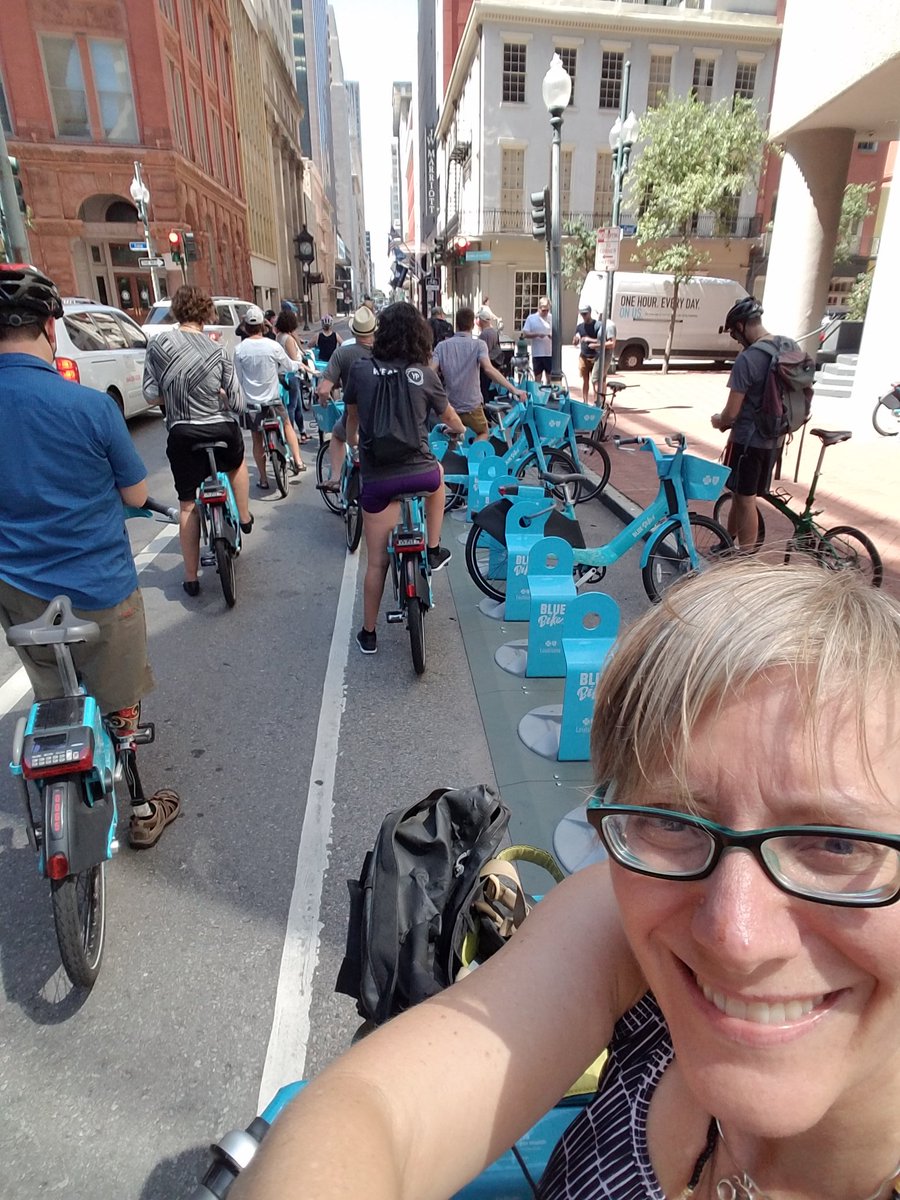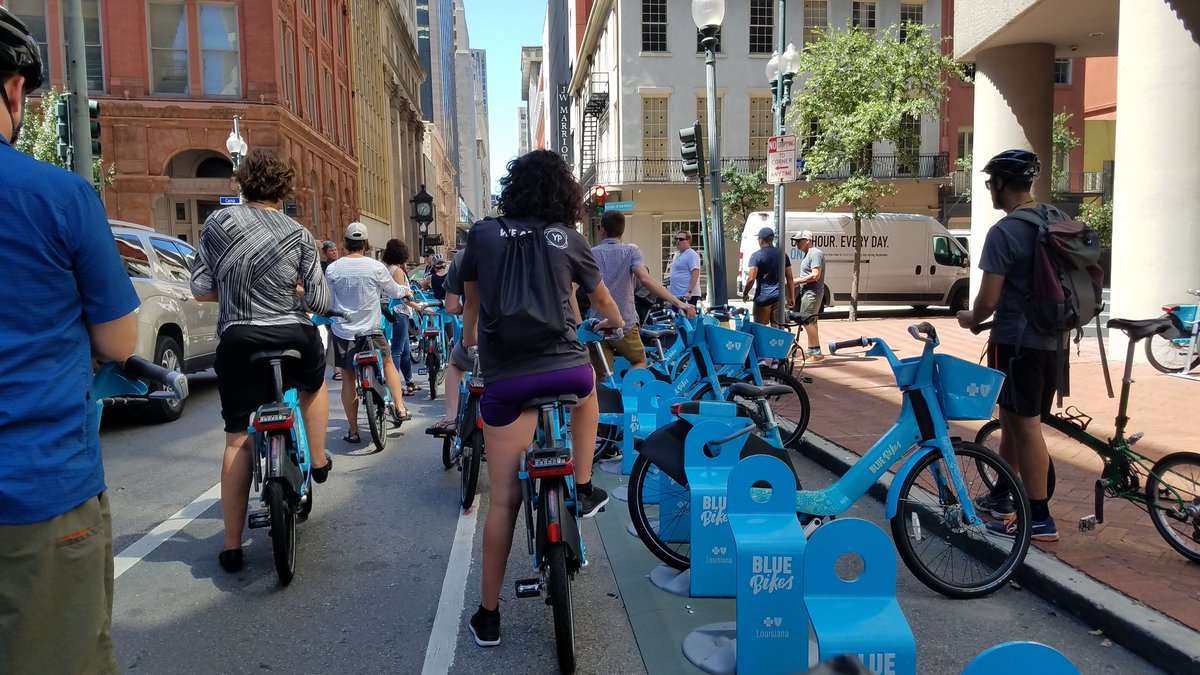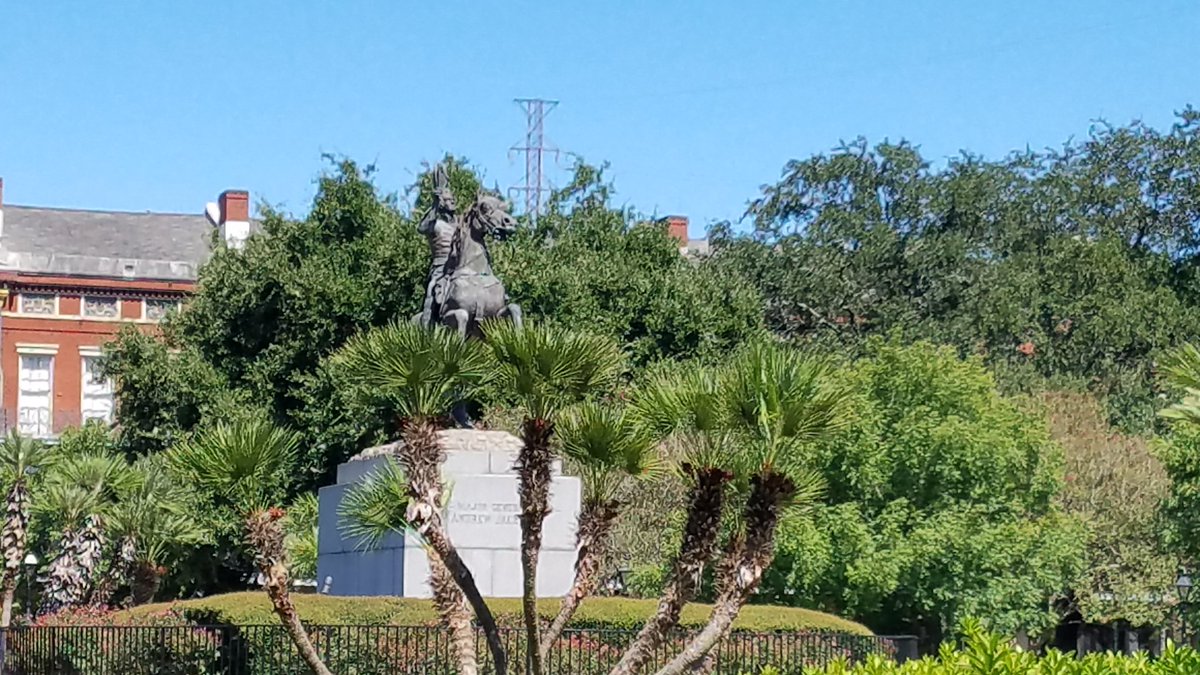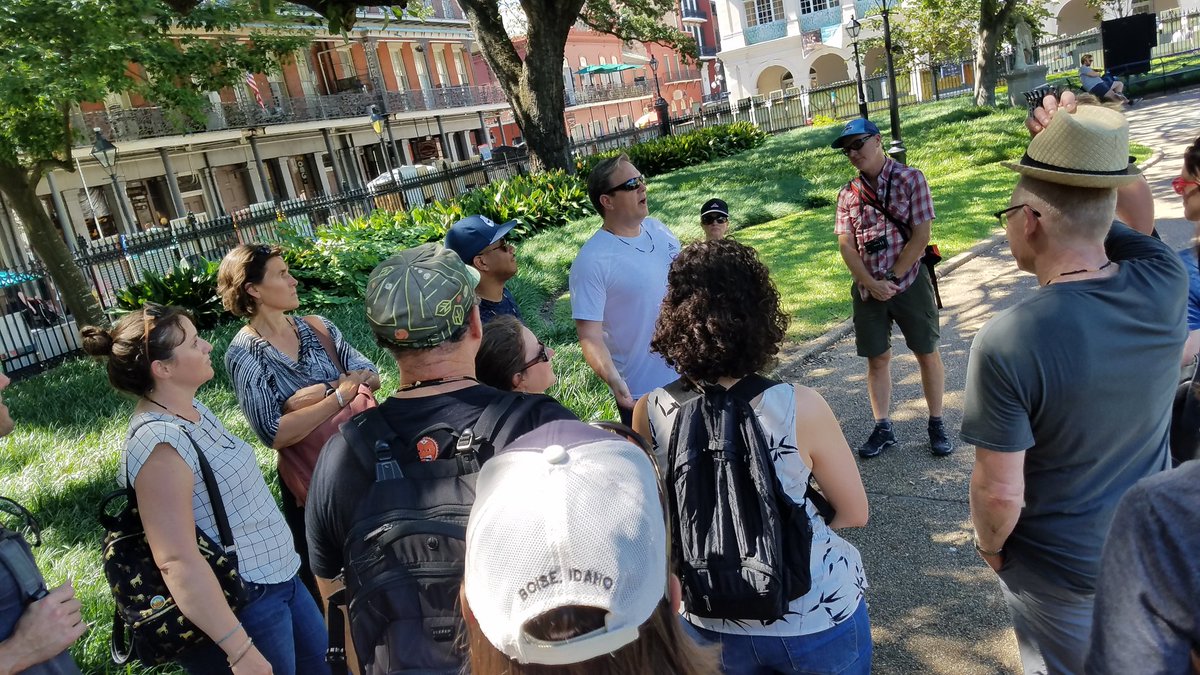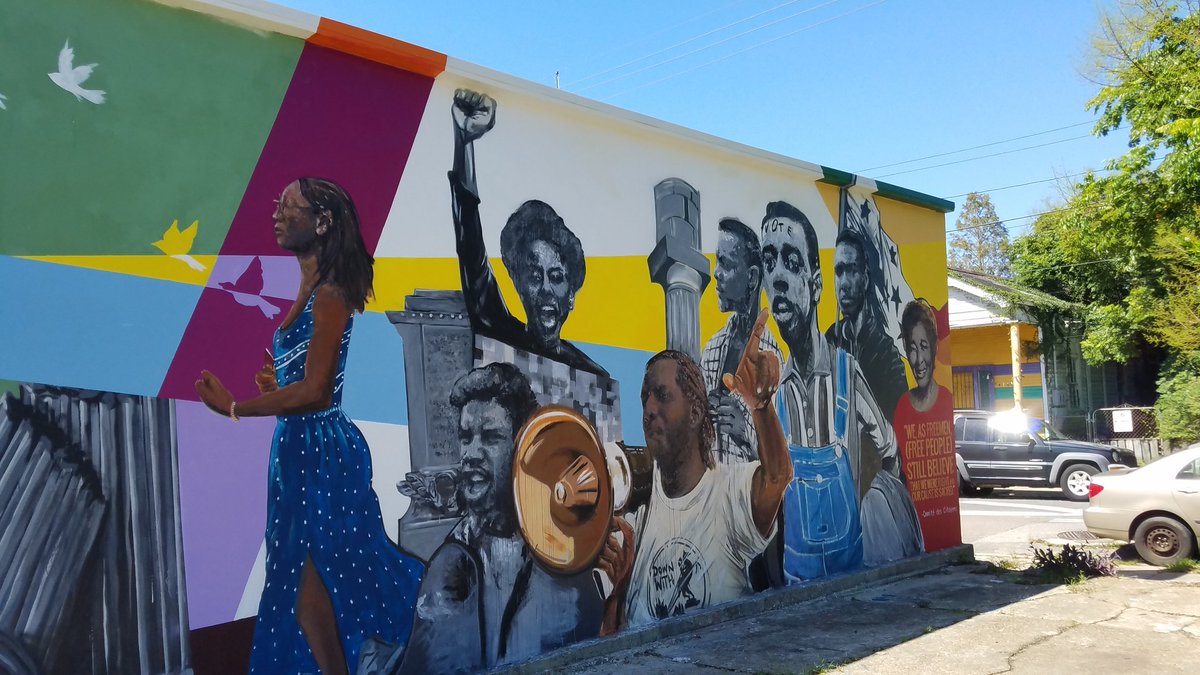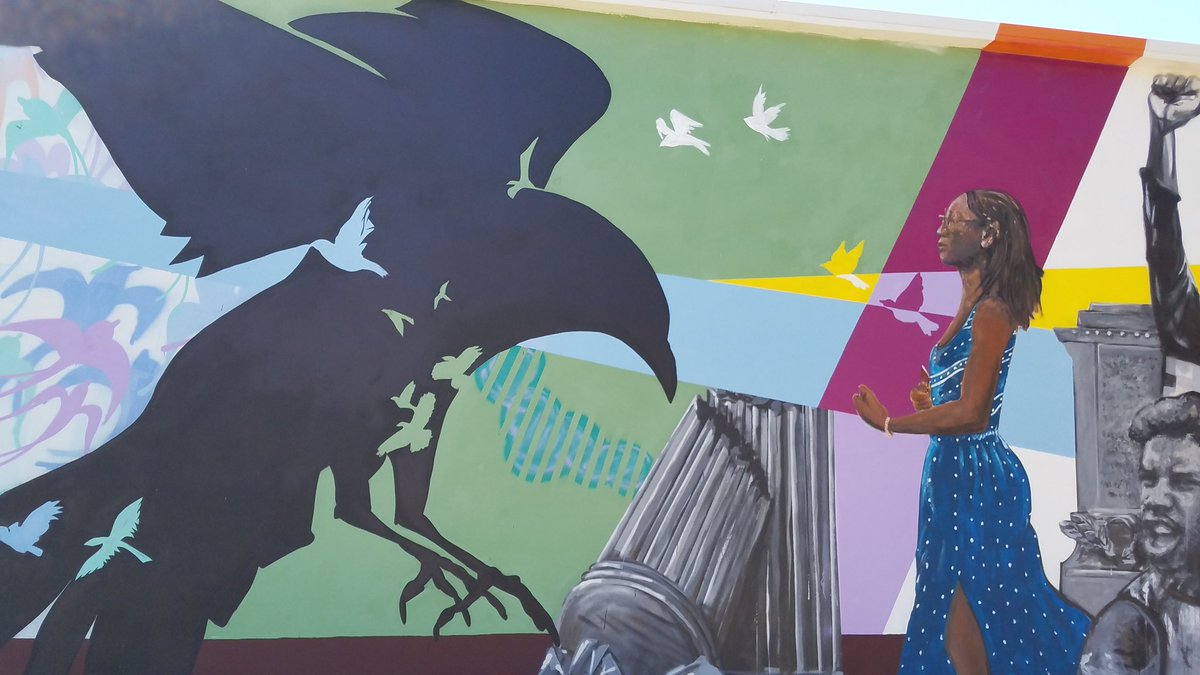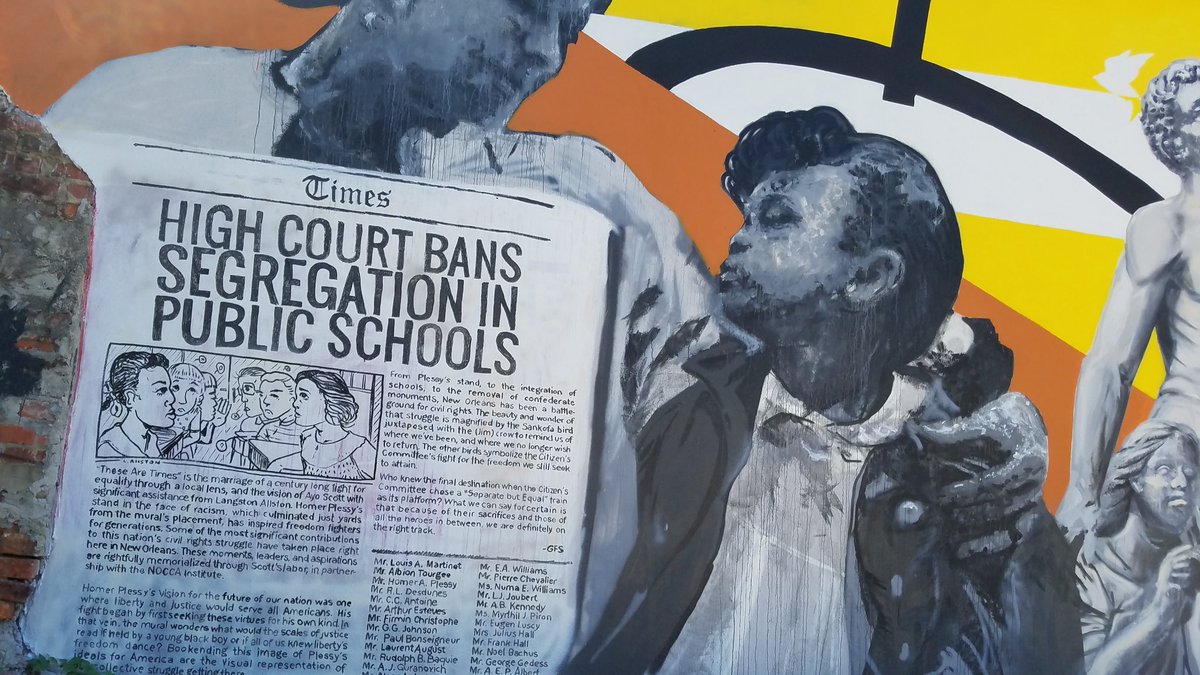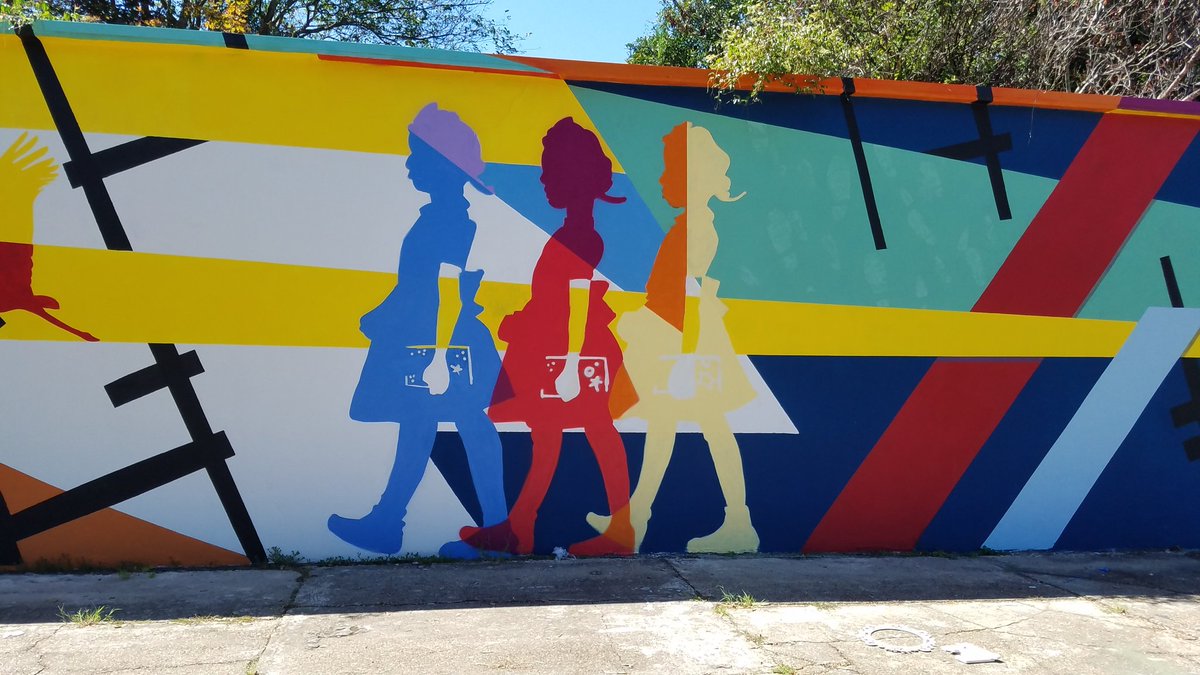We did have broad trade networks relying largely on waterways. I'm a little surprised you didn't say "the wheel" tbh
pbs.org/native-america…
You seem to have this strange idea that we evolved into the Stone Age and then stayed that way without learning anything for 1000s of years
That's what colonialism is.
So yes. Convenient I drive every day. Love road trips. But at a tremendous cost.



